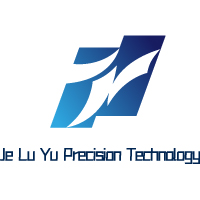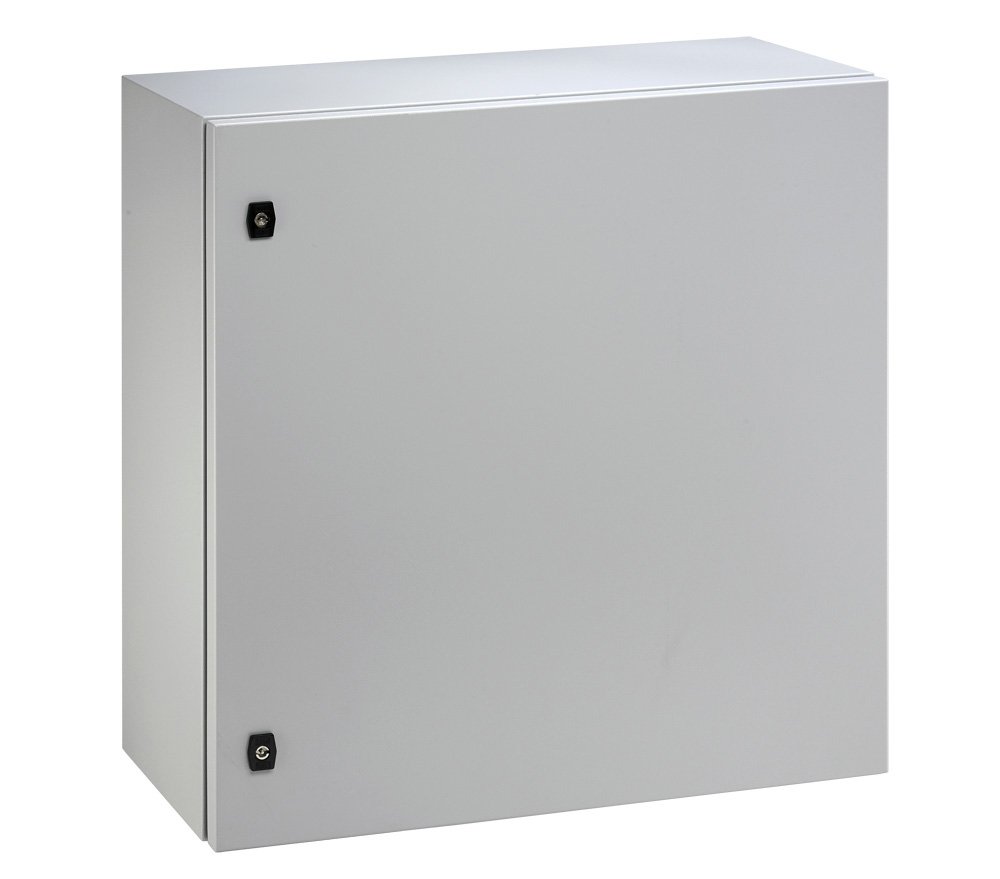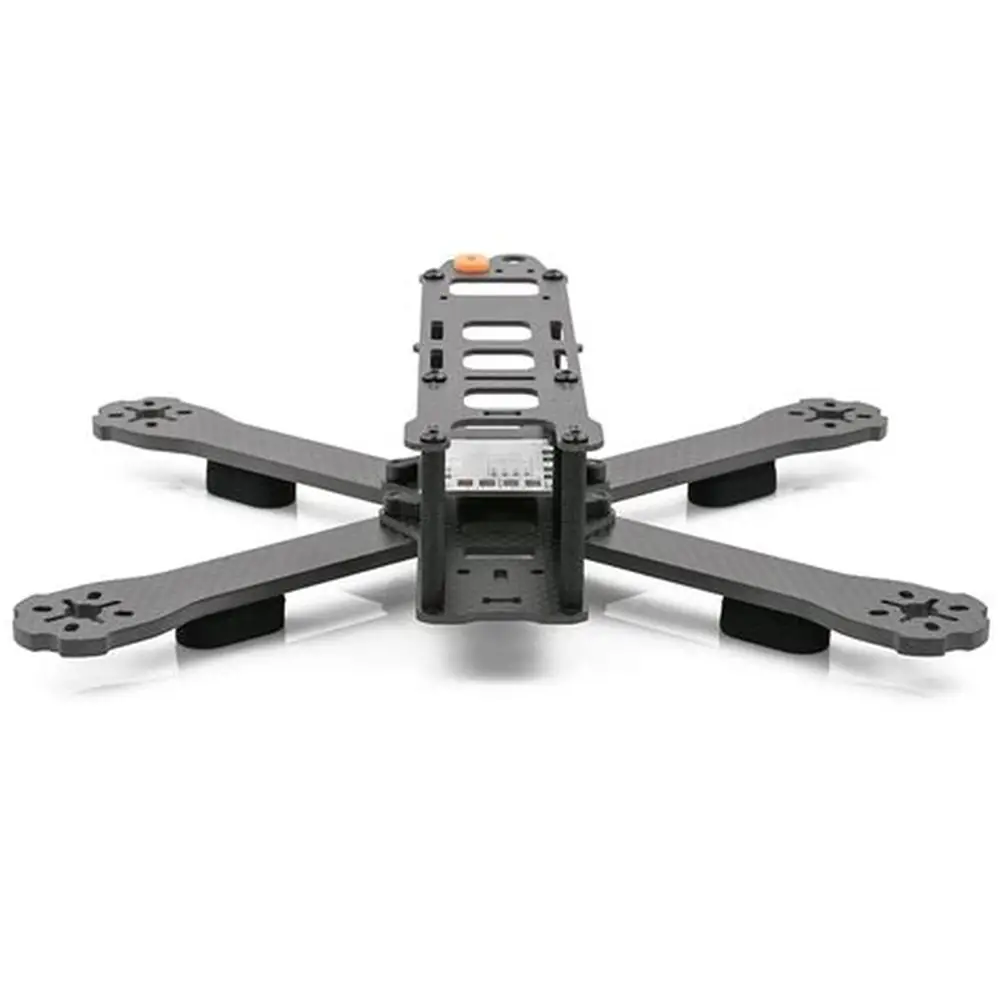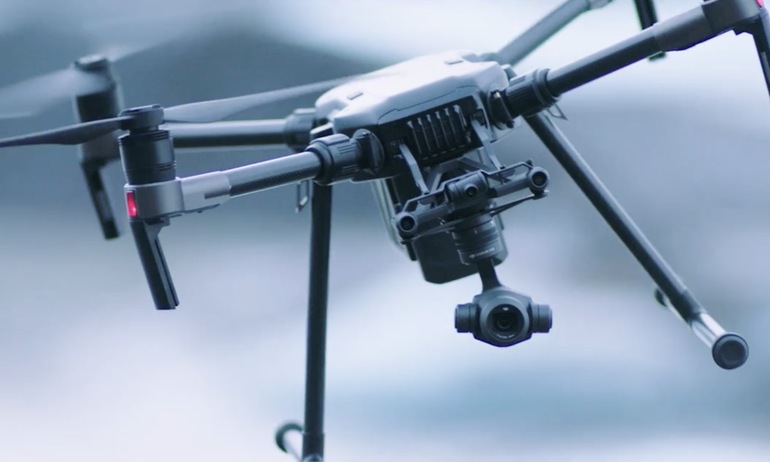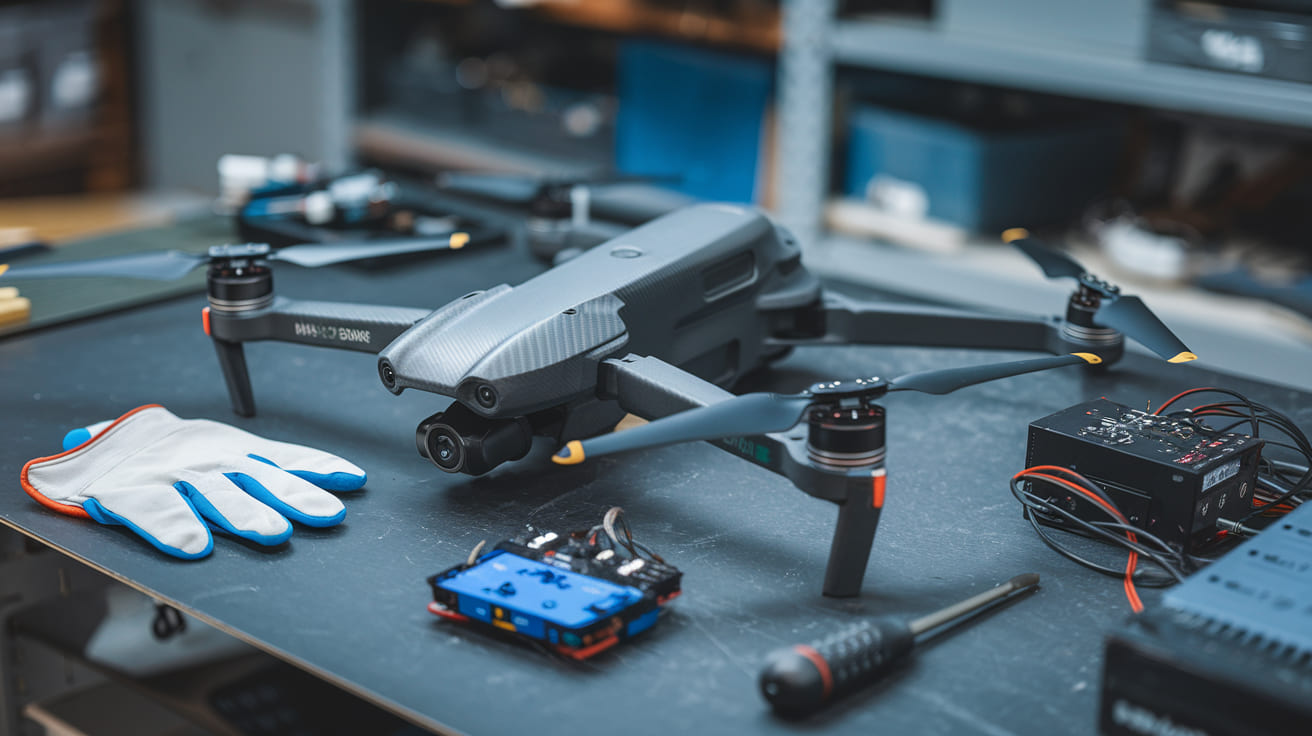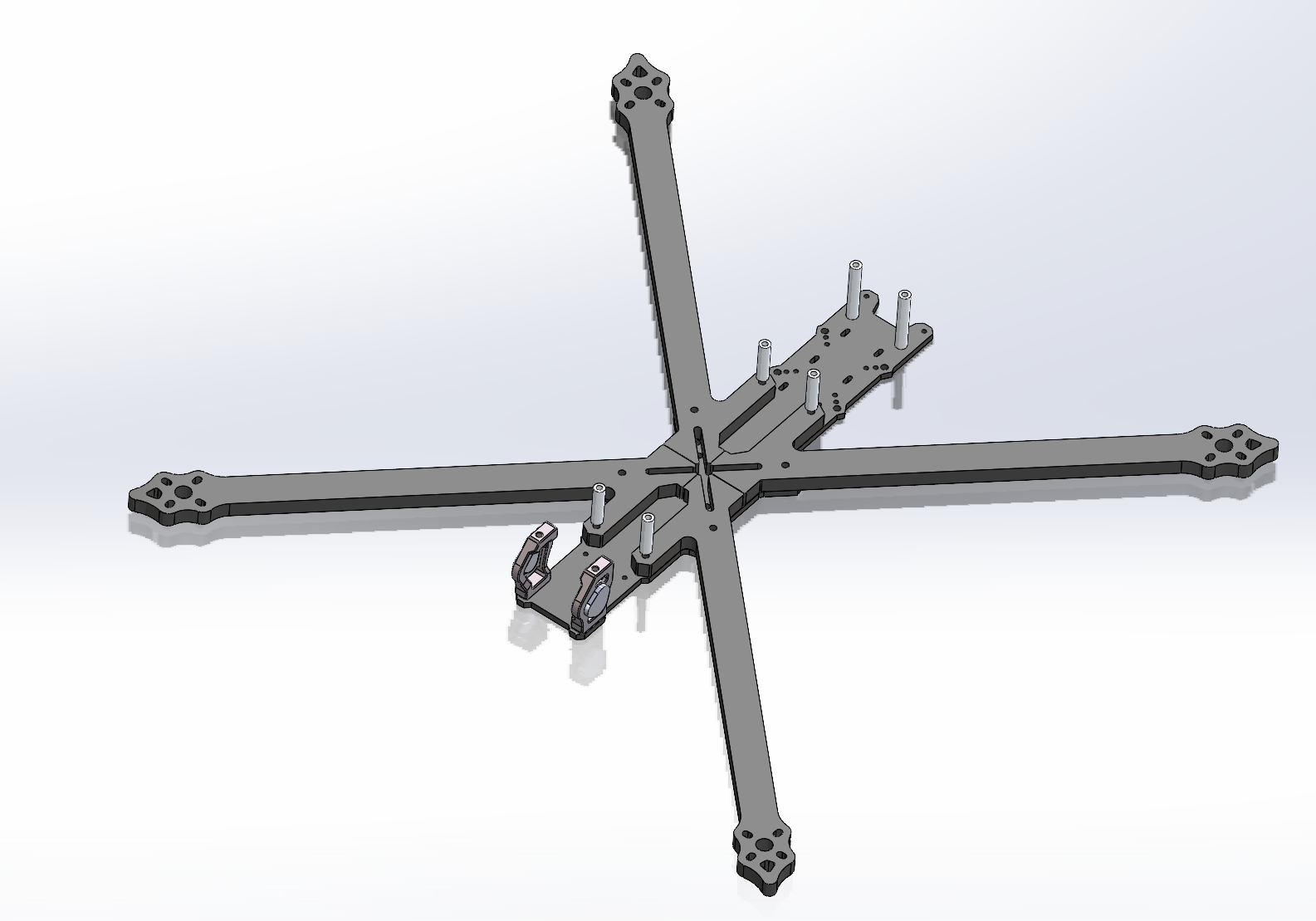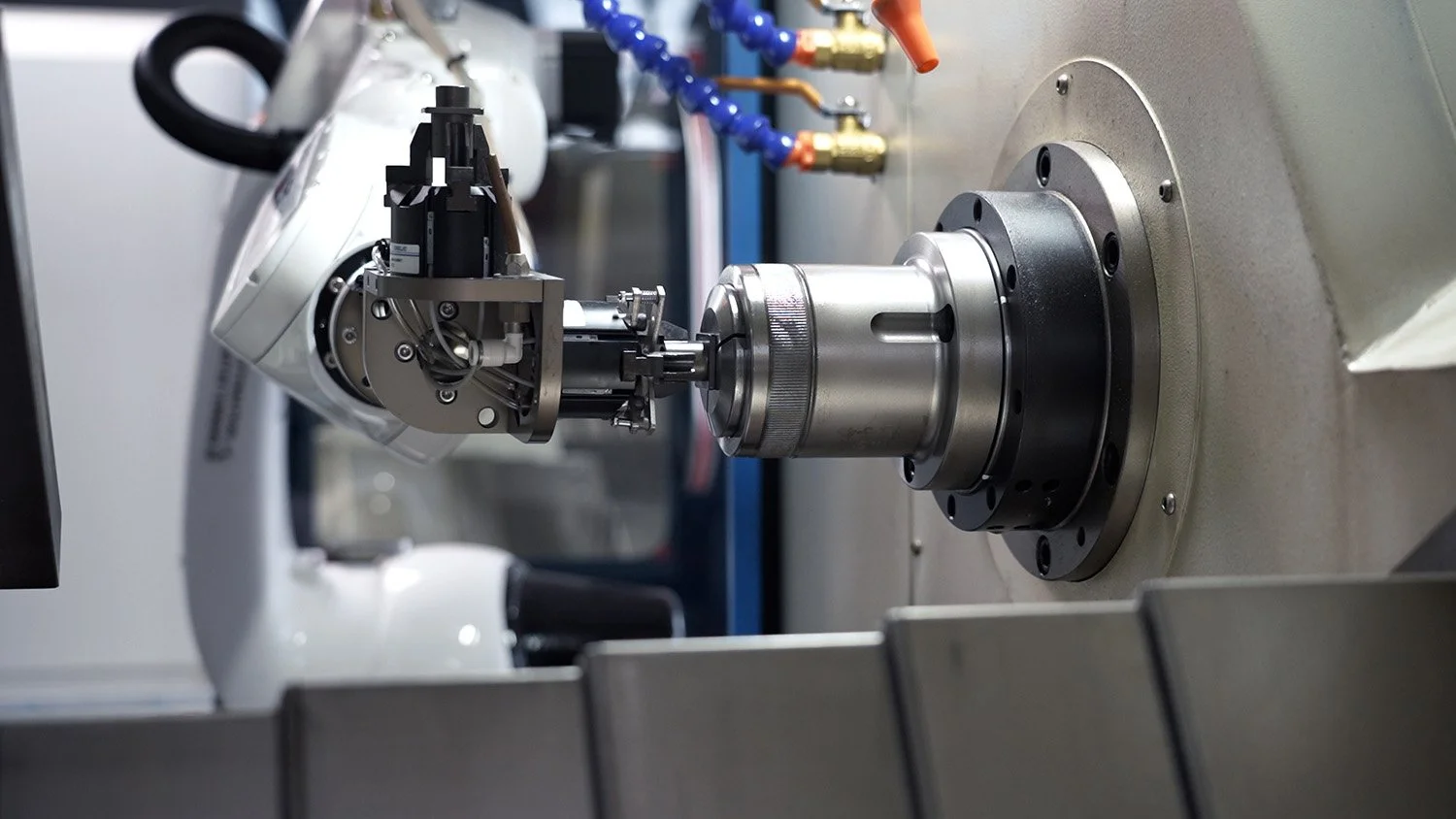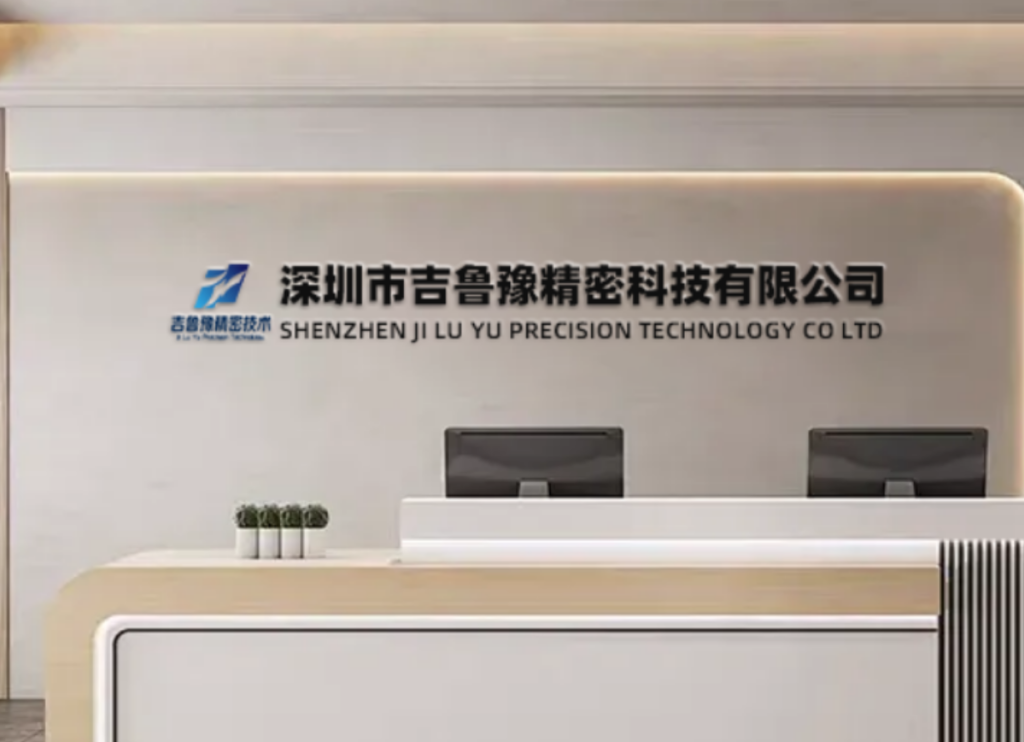3D Printer Enclosure Engineering Guide 2025
Thermal, Acoustic & Safety Design for Industrial FDM, SLA & SLS
Introduction
A well-engineered enclosure is the silent multiplier behind every successful additive-manufacturing workflow. It stabilizes the melt-pool, captures ultrafine particles, and shields operators from 200 °C build plates. At JLYPT, we have designed and deployed 120 custom enclosures—from 300 mm desktop shells to 1 m³ active-heated, HEPA-filtered clean-room booths. This guide delivers the thermal equations, material datasheets, regulatory checklists, and three unpublished case studies that collectively cut warpage by 75 % and VOC emissions by 90 %.
A well-engineered enclosure is the silent multiplier behind every successful additive-manufacturing workflow. It stabilizes the melt-pool, captures ultrafine particles, and shields operators from 200 °C build plates. At JLYPT, we have designed and deployed 120 custom enclosures—from 300 mm desktop shells to 1 m³ active-heated, HEPA-filtered clean-room booths. This guide delivers the thermal equations, material datasheets, regulatory checklists, and three unpublished case studies that collectively cut warpage by 75 % and VOC emissions by 90 %.
Table 1 — Enclosure Specification Matrix
| Requirement | Passive Shell | Active 60 °C | Active 80 °C | Clean-Room Booth |
|---|---|---|---|---|
| Max Ambient ΔT | 15 °C | 45 °C | 65 °C | 80 °C |
| Heating Power (W) | 0 | 300 | 800 | 2,400 |
| Temperature Uniformity | ±5 °C | ±2 °C | ±1 °C | ±0.5 °C |
| Noise Reduction (dB) | 8 | 12 | 15 | 20 |
| Filtration Level | None | HEPA H13 | HEPA + Carbon | ULPA U15 |
| Fire Rating | HB | V-0 | V-0 | V-0 |
| Target Polymers | PLA, PETG | ABS, ASA | PC, PEI | Medical-grade |
| Footprint (mm³) | 400 × 400 × 500 | 600 × 600 × 600 | 1,000 × 1,000 × 1,000 | Custom |
| Cost (USD turnkey) | $150 | $800 | $2,200 | $5,500 |
Table 2 — Panel & Insulation Properties
| Panel Type | Thermal Conductivity (W m⁻¹ K⁻¹) | Max Temp (°C) | UL94 Rating | Sound TL @ 1 kHz (dB) | Weight (kg m⁻²) |
|---|---|---|---|---|---|
| 4 mm Acrylic | 0.19 | 80 | HB | 18 | 4.8 |
| 4 mm Polycarbonate | 0.20 | 125 | V-2 | 22 | 5.4 |
| 3 mm Fire-retardant PPS | 0.18 | 200 | V-0 | 28 | 4.2 |
| 25 mm Rockwool + Aluminum | 0.035 | 650 | Non-combustible | 35 | 3.5 |
| 5 mm Tempered Glass | 1.0 | 300 | Non-combustible | 30 | 12.5 |
Section 1 — Thermal Design Engineering
1.1 Heat-Transfer Model
• Steady-state balance: Q̇_heater = h A (T_chamber − T_amb) + Q̇_loss
• where h = 8 W m⁻² K⁻¹ (natural convection) or 25 W m⁻² K⁻¹ (forced).
• Example: 0.3 m³ chamber, ΔT = 65 °C → required P ≈ 390 W.
• Steady-state balance: Q̇_heater = h A (T_chamber − T_amb) + Q̇_loss
• where h = 8 W m⁻² K⁻¹ (natural convection) or 25 W m⁻² K⁻¹ (forced).
• Example: 0.3 m³ chamber, ΔT = 65 °C → required P ≈ 390 W.
1.2 Heater Selection Matrix
| Heater Type | Power Density (W cm⁻²) | Max Surface Temp (°C) | Response Time (min) | Safety Notes |
|---|---|---|---|---|
| PTC Ceramic | 0.8 | 180 | 5 | Self-limiting |
| Silicone Mat | 1.2 | 200 | 3 | Requires SSR |
| Carbon-film | 2.0 | 250 | 2 | Over-temp fuse |
| IR Quartz Tube | 15 | 800 | 1 | Needs guard |
1.3 Airflow & Uniformity
• Recirculation fan: 80 mm, 25 CFM, Reynolds ≈ 4,000 → ±2 °C uniformity within 200 mm Z-height.
• Baffle plates eliminate hot spots above heater.
• Recirculation fan: 80 mm, 25 CFM, Reynolds ≈ 4,000 → ±2 °C uniformity within 200 mm Z-height.
• Baffle plates eliminate hot spots above heater.
1.4 Insulation Optimization
• Aerogel blanket (λ = 0.016 W m⁻¹ K⁻¹) reduces wall thickness by 30 % while maintaining R-value.
• Vacuum-insulated panels (VIP) achieve λ = 0.004 W m⁻¹ K⁻¹ but cost 5× more.
• Aerogel blanket (λ = 0.016 W m⁻¹ K⁻¹) reduces wall thickness by 30 % while maintaining R-value.
• Vacuum-insulated panels (VIP) achieve λ = 0.004 W m⁻¹ K⁻¹ but cost 5× more.
Section 2 — Acoustic & Vibration Isolation
2.1 Sound Transmission Loss (STL)
• Double-wall acrylic + 20 mm mineral wool cavity → STL 35 dB @ 1 kHz.
• Damping layer: 3 mm Sorbothane sheet adds 5 dB attenuation.
• Double-wall acrylic + 20 mm mineral wool cavity → STL 35 dB @ 1 kHz.
• Damping layer: 3 mm Sorbothane sheet adds 5 dB attenuation.
2.2 Vibration Mounting
• 3-point silicone isolation pads (Shore A 40) reduce 100 Hz table vibration by 18 dB.
• 3-point silicone isolation pads (Shore A 40) reduce 100 Hz table vibration by 18 dB.
2.3 Fan Noise Budget
• 120 mm Noctua NF-F12 @ 800 RPM = 24 dB(A); target < 45 dB(A) inside lab.
• 120 mm Noctua NF-F12 @ 800 RPM = 24 dB(A); target < 45 dB(A) inside lab.
Section 3 — Fire Safety & Regulatory Compliance
3.1 UL 94 & IEC 62368-1
• All panels ≥ V-0 rating; wiring double-insulated; leakage < 0.25 mA.
• Emergency thermal fuse 85 °C triggers 12 V solenoid hatch release.
• All panels ≥ V-0 rating; wiring double-insulated; leakage < 0.25 mA.
• Emergency thermal fuse 85 °C triggers 12 V solenoid hatch release.
3.2 Materials Certification
• Fire-retardant PPS panels certified UL 94 V-0 and IEC 60695-11-10.
• Silicone heater wire UL 758 AWM 3135, 200 °C rating.
• Fire-retardant PPS panels certified UL 94 V-0 and IEC 60695-11-10.
• Silicone heater wire UL 758 AWM 3135, 200 °C rating.
Section 4 — Filtration & Environmental Control
4.1 Particle Filtration
• HEPA H13 (99.95 % @ 0.3 µm) for ABS/PETG ultrafine particles.
• ULPA U15 (99.9995 % @ 0.12 µm) for medical-grade printing.
• HEPA H13 (99.95 % @ 0.3 µm) for ABS/PETG ultrafine particles.
• ULPA U15 (99.9995 % @ 0.12 µm) for medical-grade printing.
4.2 VOC Adsorption
• Activated carbon pleat filter (200 g) removes styrene by 85 % within 30 min.
• Activated carbon pleat filter (200 g) removes styrene by 85 % within 30 min.
4.3 Humidity & Ozone
• Desiccant rotor wheel maintains < 20 % RH for nylon printing.
• Ozone generator (0.05 ppm) optional for post-print sterilization.
• Desiccant rotor wheel maintains < 20 % RH for nylon printing.
• Ozone generator (0.05 ppm) optional for post-print sterilization.
Section 5 — Case Studies
Case 1 — Desktop ABS Warpage Solution
Client: Maker-space
Challenge: 250 mm Voron 2.4, ABS warpage > 0.3 mm.
Solution:
Client: Maker-space
Challenge: 250 mm Voron 2.4, ABS warpage > 0.3 mm.
Solution:
-
4 mm PC panels, 200 W PTC heater, PID set 65 °C.
-
Aerogel sidewalls + 80 mm circulation fan.
-
Warping reduced to 0.05 mm; first-pass yield 98 %.
Case 2 — Clean-Room PEI Chamber
Client: Aerospace supplier
Challenge: Print PEI 9085 in ISO 7 clean room.
Solution:
Client: Aerospace supplier
Challenge: Print PEI 9085 in ISO 7 clean room.
Solution:
-
1 m³ booth, V-0 aluminum composite, ULPA U15 filter.
-
2.4 kW heater bank, ±1 °C PID.
-
Particle count < 10,000 / ft³; passed AS9100 audit.
Case 3 — Large-Format ASA Hood
Client: Automotive OEM
Challenge: 600 mm hood, 70 °C chamber, < 45 dB noise.
Solution:
Client: Automotive OEM
Challenge: 600 mm hood, 70 °C chamber, < 45 dB noise.
Solution:
-
Steel frame + 50 mm Rockwool, dual-wall design.
-
800 W heater, variable-speed 140 mm fan.
-
Noise 42 dB(A), dimensional accuracy ±0.15 mm.
Section 6 — DIY vs. Commercial vs. Hybrid
| Parameter | DIY Acrylic Kit | Turn-key Commercial | Hybrid Modular |
|---|---|---|---|
| Max Temp | 60 °C | 80 °C | 75 °C |
| Footprint | 400 × 400 × 500 mm³ | 1,000 × 1,000 × 1,000 mm³ | 600 × 600 × 600 mm³ |
| Assembly Time | 6 h | 0 h | 2 h |
| Fire Rating | HB | V-0 | V-0 |
| Cost (USD) | $150 | $5,500 | $750 |
Section 7 — Maintenance & Calibration
• Weekly HEPA ΔP check; replace when > 200 Pa.
• Annual NIST-traceable thermocouple calibration ±0.5 °C.
• Fan balance test: vibration < 2 mm/s RMS.
• Annual NIST-traceable thermocouple calibration ±0.5 °C.
• Fan balance test: vibration < 2 mm/s RMS.
Section 8 — FAQ
Q: Is 60 °C enough for ABS?
A: Yes—reduces warpage by 70 %; 80 °C only for PC or PEI.
A: Yes—reduces warpage by 70 %; 80 °C only for PC or PEI.
Q: Can MDF be used?
A: Only for PLA; MDF delaminates > 80 °C and is HB rated.
A: Only for PLA; MDF delaminates > 80 °C and is HB rated.
Q: Retrofit HEPA to existing box?
A: 120 mm inline fan + H13 cartridge; flow 15 m³/h.
A: 120 mm inline fan + H13 cartridge; flow 15 m³/h.
Ready to upgrade? Submit enclosure specs to Rapid 3D Printing Services – JLYPT and receive a turnkey quote within 24 hours.
